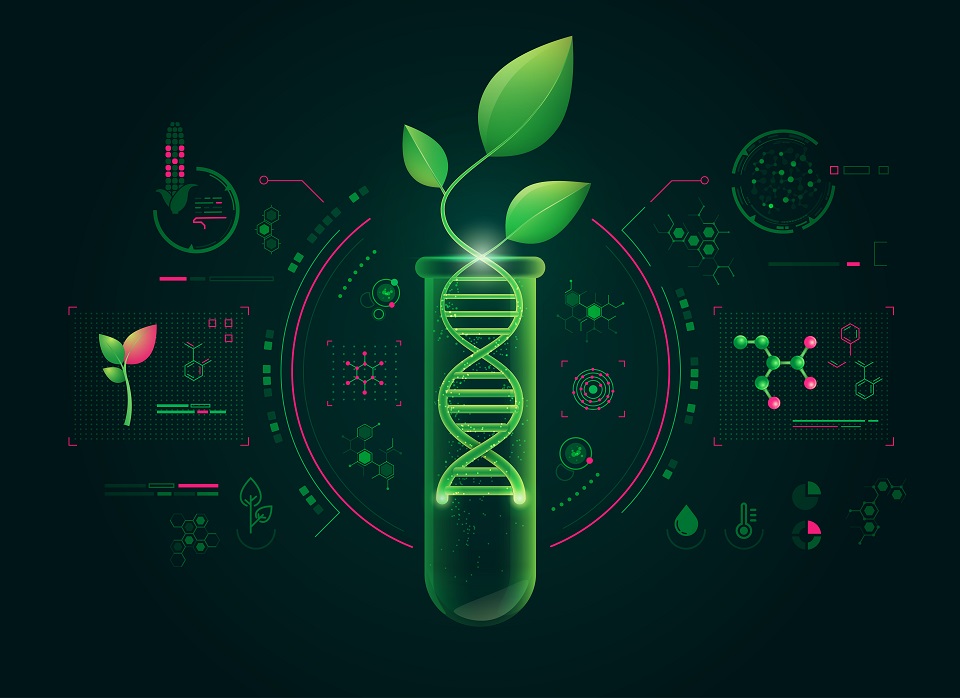The development of genetic engineering has opened up a wide range of opportunities, ushering in a new era of scientific discovery and advancement of mankind. With the aid of these technologies, we can add, remove, or change genetic material in the DNA of an organism. Such abilities have led to numerous innovations in science, technology, and industry, from the development of pest-resistant genetically modified (GM) crops to the production of insulin using bacteria. But as we venture into uncharted waters, significant ethical issues are emerging. This article explores the morality of genetic engineering, highlighting the need to strike a balance between the alluring promise of progress and the enormous responsibility that comes with it.
The Potential and Promise of Genetic Engineering
Genetic engineering has enormous potential for use in medicine. This technology has the potential to drastically change how genetic disorders are treated, improve our understanding of diseases, and perhaps even increase human life expectancy. For example, gene therapies may be able to correct faulty genes in people with genetic diseases like cystic fibrosis or muscular dystrophy, providing hope where there previously was none.
Genetic engineering has a significant impact on agriculture in addition to healthcare. With the help of technology, we can create crops that are more resilient to pests, diseases, and harsh environmental conditions, potentially improving global food security. Additionally, the development of organisms with features for defending against pollution or adjusting to climate change thanks to genetic engineering can help preserve the environment.
The Ethical Conundrums: Debating the Implications
Although genetic engineering has seemingly endless potential, using it has moral ramifications. With the ability to influence life at its most basic level, we must consider whether we are “playing God,” going outside of what nature allows, and possibly doing harm to others.
Another significant concern is the potential for genetic engineering to support or exacerbate social inequalities. We run the risk of dividing society not just by wealth but also by genetic advantage if genetic improvements are made into commodities that are only available to those who can afford them.
Additionally, it is important to carefully consider how genetically modified organisms and crops will affect the environment. Even though they promise quick gains, there are significant problems with their long-term effects on ecosystems, the potential to encourage monocultures and risks to other species.
Striking a Balance: Navigating Progress with Responsibility
As we stand at the start of this new genetic frontier, it is essential to establish a strong, inclusive, and open ethical framework. Open discussions between scientists, ethicists, decision-makers, and the general public are necessary to support decisions regarding the proper limits for genetic engineering.
Science should advance despite our reservations about the unknowable, but we must proceed with caution, vigilance, and accountability while maintaining adequate checks and balances. Thorough risk analyses, strict regulation, and watchful oversight are crucial to preventing misuse and unintended consequences of genetic engineering.
Equitable access to genetic engineering technologies is a significant additional factor. As we develop, we must actively lessen the likelihood that genetic advances will lead to a new type of inequality.
Conclusion: Steering Through the Genetic Frontier
Although the advent of genetic engineering offers promising opportunities for human advancement, it also poses new ethical dilemmas. We are on the verge of a brand-new frontier, one that holds both promise and the possibility of danger. We can responsibly navigate this genetic frontier by encouraging open discussions, establishing strong ethical frameworks, and placing a focus on public engagement. By doing so, we can ensure that we strike a balance between our desire for progress and the gravity of our obligations. Genetic engineering’s ethically guided future holds out the possibility of a society where ethical responsibility and technological advancement coexist and support one another.


Leave feedback about this